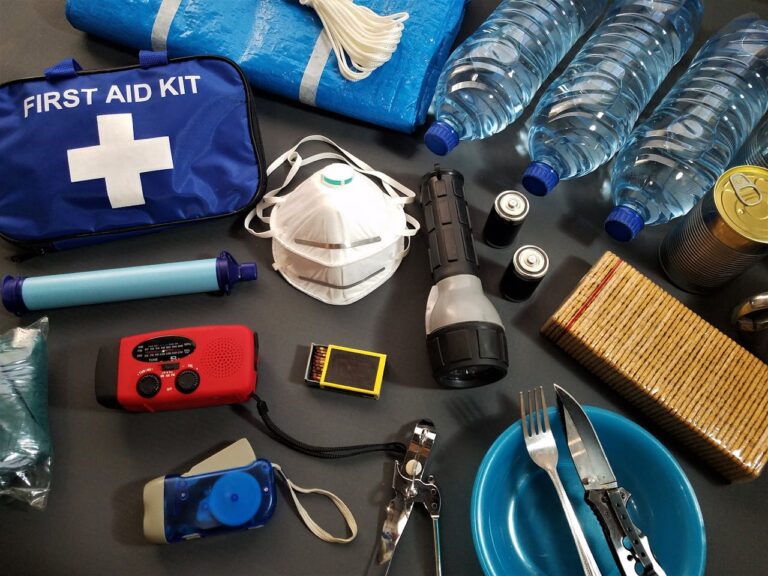
Essential Home Safety Equipment: A Comprehensive Guide
In today’s world, ensuring the safety and security of our homes has never been more crucial. Whether you’re a homeowner, a parent, or a DIY enthusiast, investing in the right safety equipment can provide peace of mind and protect your loved ones from potential hazards. This guide aims to offer authoritative and service-oriented advice on essential home safety equipment, ensuring informed decision-making for enhanced home protection.
Must-Have Safety Equipment for Every Home
Smoke and Carbon Monoxide Detectors
Smoke detectors are a non-negotiable necessity for every home. They provide early warnings of fire, giving you precious time to evacuate. Equally important are carbon monoxide detectors, which alert you to the presence of this deadly, odorless gas. Ensure these detectors are installed on every level of your home, particularly near sleeping areas, and test them monthly to ensure they are functioning correctly.
Fire Extinguishers
A fire extinguisher is an essential tool for quickly addressing minor fires before they escalate. Place them strategically in high-risk areas such as the kitchen, garage, and near heating equipment. It’s important to familiarize yourself with how to use a fire extinguisher and ensure it is regularly serviced and replaced as needed.
First Aid Kit
Accidents happen, and when they do, a well-stocked first aid kit can be a lifesaver. Your kit should include bandages, antiseptic wipes, gauze, scissors, tweezers, and other essentials. Keep it in an easily accessible location and replenish supplies as they are used.
Home Security Systems
Modern home security systems offer comprehensive protection against intruders. Options range from basic alarm systems to advanced setups with cameras, motion detectors, and remote monitoring. Choose a system that fits your needs and budget, and consider professional installation for optimal performance.
Essential Safety Gear for DIY Enthusiasts
Protective Eyewear
DIY projects often involve flying debris and hazardous materials, making protective eyewear a must. Safety glasses or goggles protect your eyes from potential injury, allowing you to work confidently and safely.
Dust Masks
Many DIY tasks generate dust and fumes that can be harmful when inhaled. Dust masks or respirators filter out these particles, protecting your respiratory health.
Work Gloves
Hands are vulnerable to cuts, scrapes, and chemical exposure during DIY activities. Durable work gloves provide a layer of protection, ensuring your hands stay safe and injury-free.
Hearing Protection
Power tools and machinery can produce noise levels that damage your hearing. Earplugs or earmuffs reduce noise exposure, safeguarding your auditory health during projects.
Conclusion
Safety should always be a top priority for homeowners. By equipping your home with essential safety equipment, you’re taking proactive steps to protect your family and property.